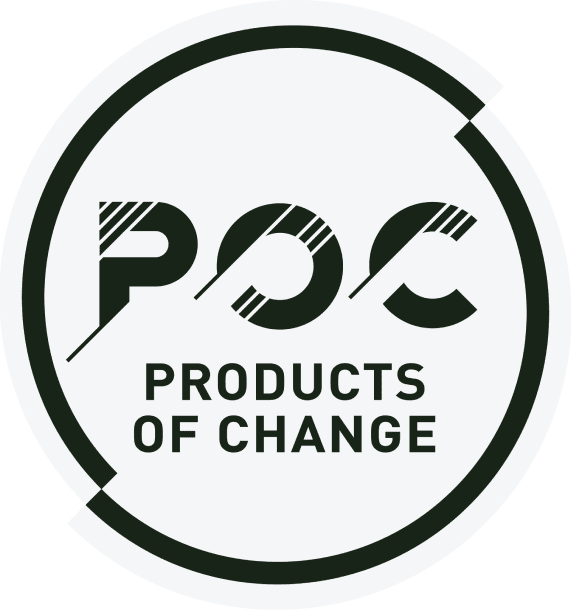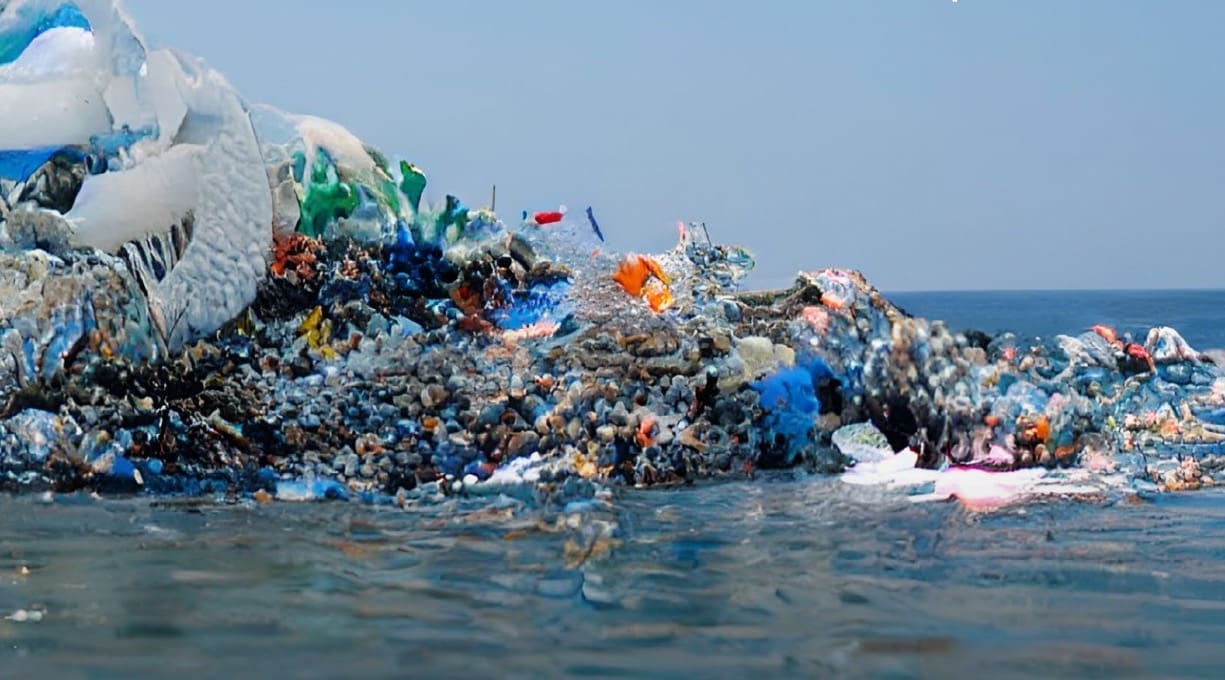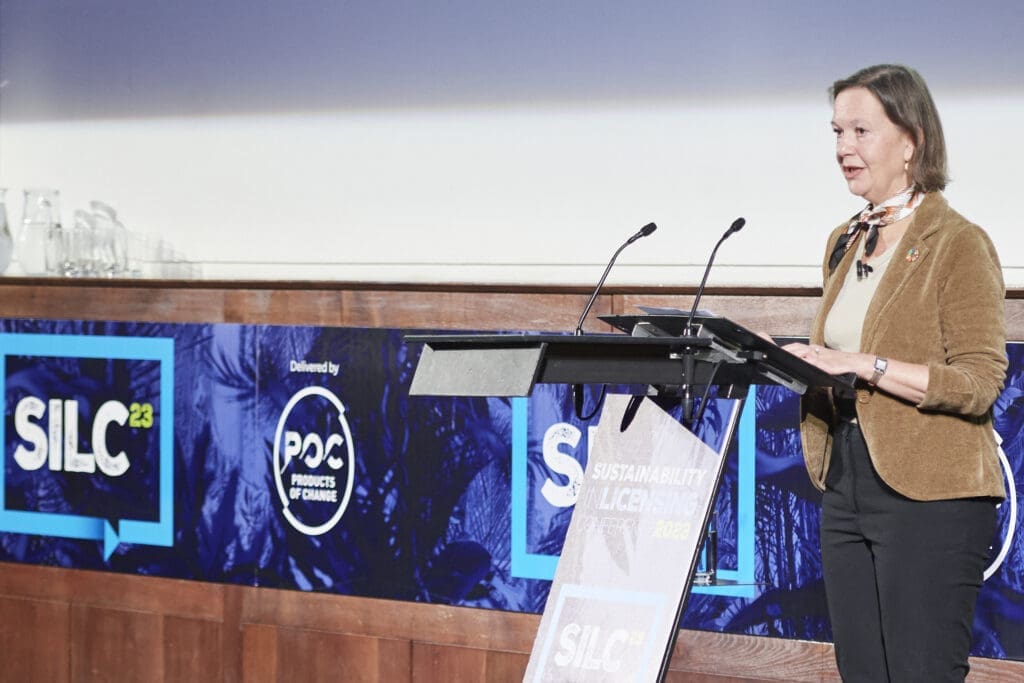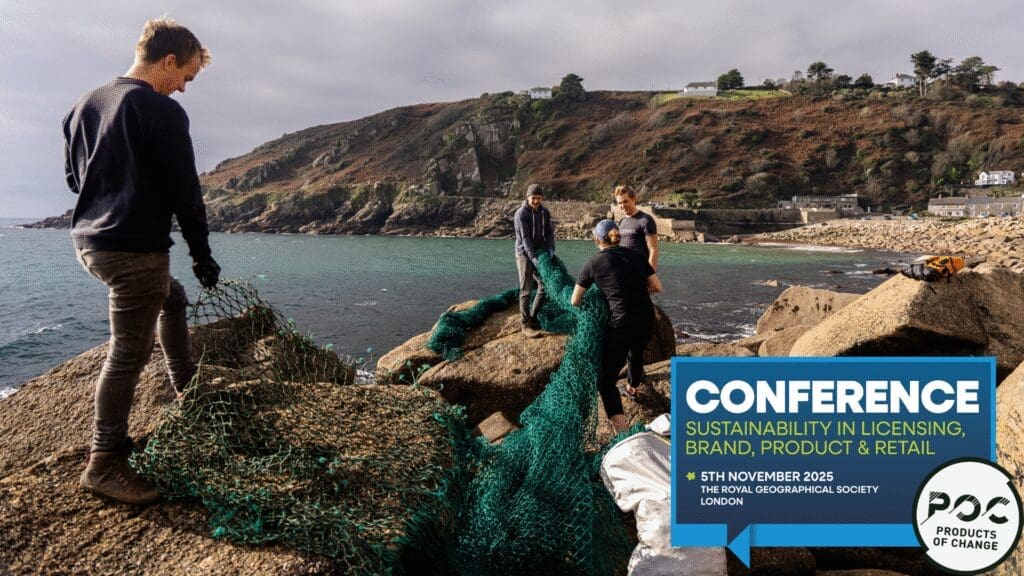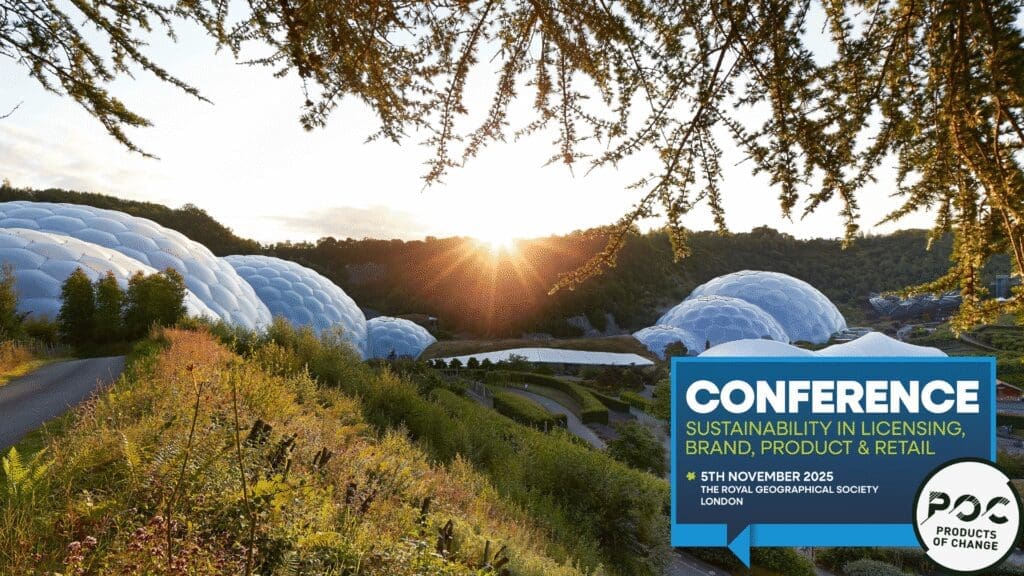The amount of plastic being produced around the world could almost double by 2050 without ‘bold intervention’ and an ambitious treaty to reduce and end plastic pollution, a new study from Back to Blue has revealed this week.
The Peak Plastics report was published on Monday 27 February by the Back to Blue Initiative, bringing to light accredited data on plastics production, consumption, and pollution from the OECD, the World Bank, and WWF.
Among its key findings is that without urgent action being taken, plastic consumption across the G20 in 2050 will be almost twice as high as it was in 2019. It will then continue to rise at a slower pace until at least 2100.
In March last year, 175 nations agreed to work together on a United Nations treaty to tackle plastic pollution. This treaty is expected to be in place by the end of 2024. However, in order to reach ‘peak plastic consumption’ the report argues that policies agreed will need to be “at the ambitious end of the spectrum.”
Back to Blue warns that as standalone policies, none of the Treaty’s three key inclusions: the global ban on unnecessary single-use plastic items, enhanced extended producer responsibility (EPR) rules, and a tax on virgin plastic, will result in a peak-plastic world by mid-century.
Back to Blue is an initiative of Economist Impact and the Nippon Foundation which models the impact of a selection of policies being considered by world leaders as they draft a legally binding treaty to stem plastic pollution.
The organisation forecasts that even with the implementation of well-designed versions of the aforementioned policies, global plastic consumption will be 1.25 times higher in 2050 than in 2019.
Economist Impact’s editorial director, Charles Goddard, said: “Negotiators of the UN plastics treaty must maintain the highest levels of ambition possible when entering the next round of negotiations, and industry needs to play a constructive, not obstructive role in reaching a deal. So far, commitments by industry, retailers, and brands to reduce plastic waste are short on detail and have failed to materialise.”
In its report, Back to Blue states ‘the world will drown in plastic waste unless a bold and comprehensive set of policy changes are agreed by the UN.
‘To bring about peak plastic consumption, these policies would need to be at the most ambitious end of the spectrum being debated by UN treaty negotiators, which include governments, the petrochemical and consumer goods industries, and environmental groups.’
Get ahead of the policy changes with the Circular Packaging Design Course
Recognising the contribution single-use plastic and packaging makes to the worsening plastic pollution crisis, Products of Change has launched a new design and educational course for businesses and brands in the consumer products sector.
The Circular Packaging Design Course will be led by Products of Change’s ambassador for packaging and material, Mike Swain and will offer a comprehensive guide on how to overhaul your packaging designs and processes to brace companies for incoming legislation changes and customer demand.
The course will run across two days, the first on 9 March which will be a 3-hour online session to introduce the circular economy, followed by a full-day workshop on 14 March in Central London.
Products of Change members receive a 20% on ticket prices. You can find more details on the course here.
